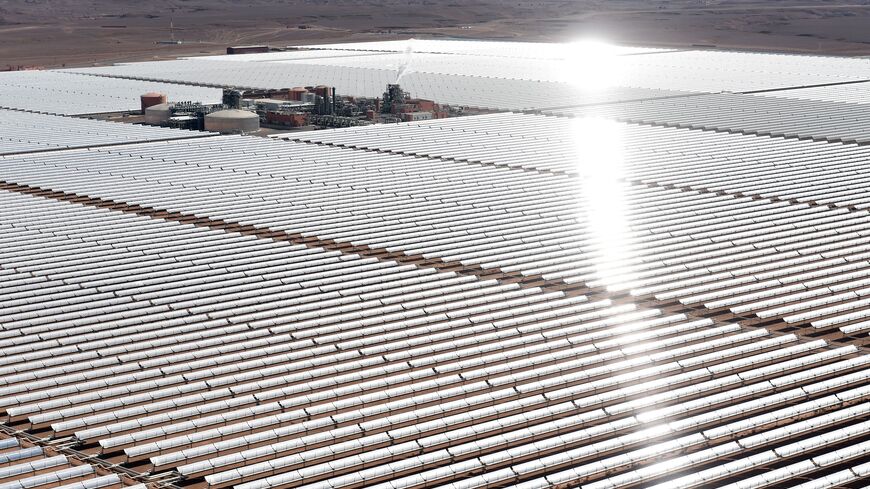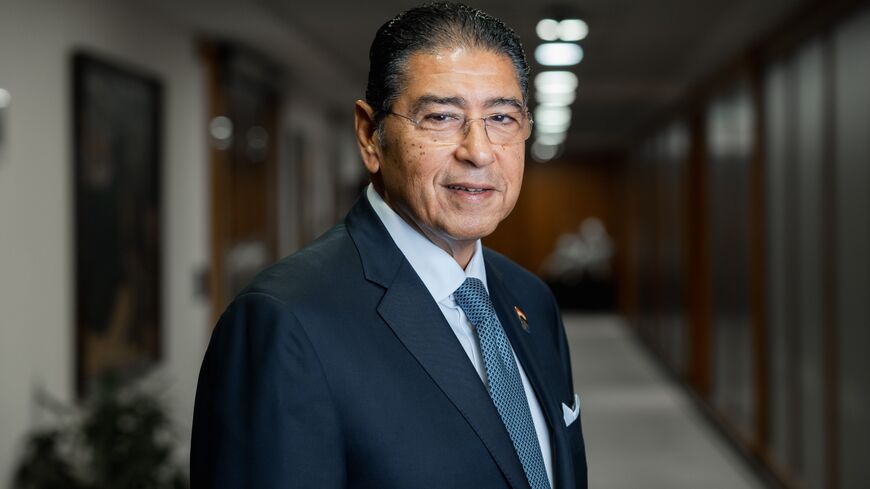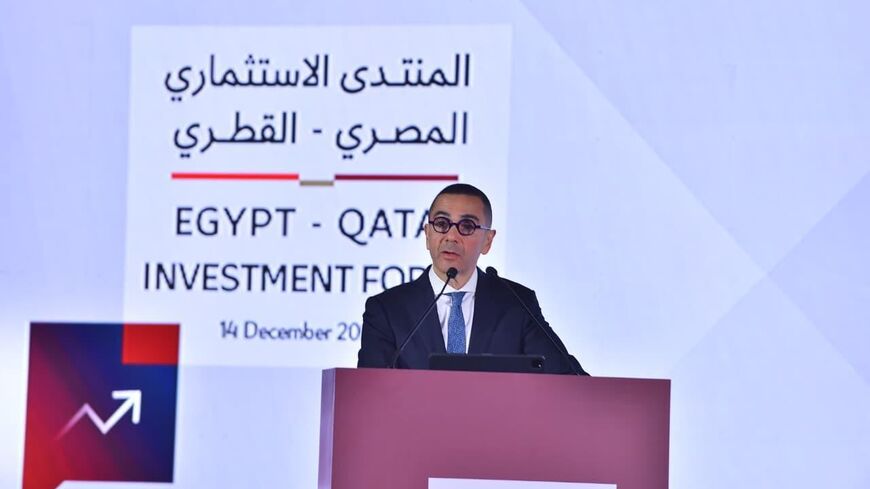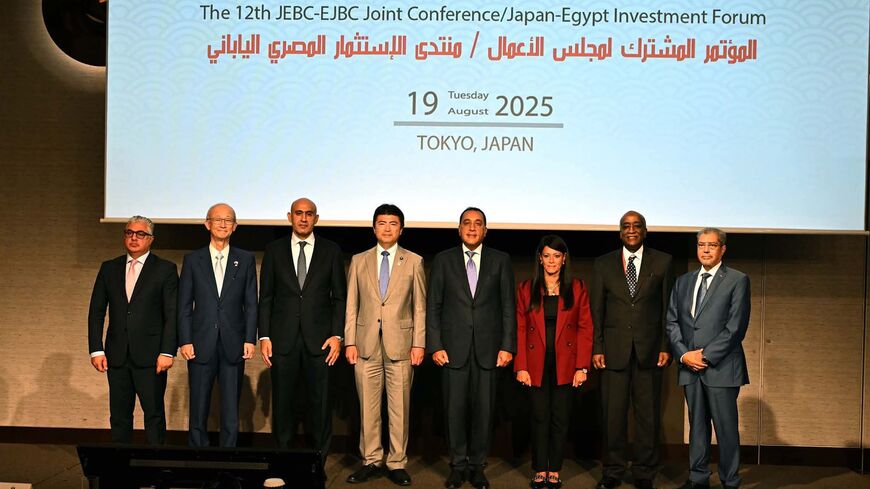Egypt pitches new investment plan to US firms: What to know
Egypt is hunting foreign investment as part of its Vision 2030 strategy for sustainable development.
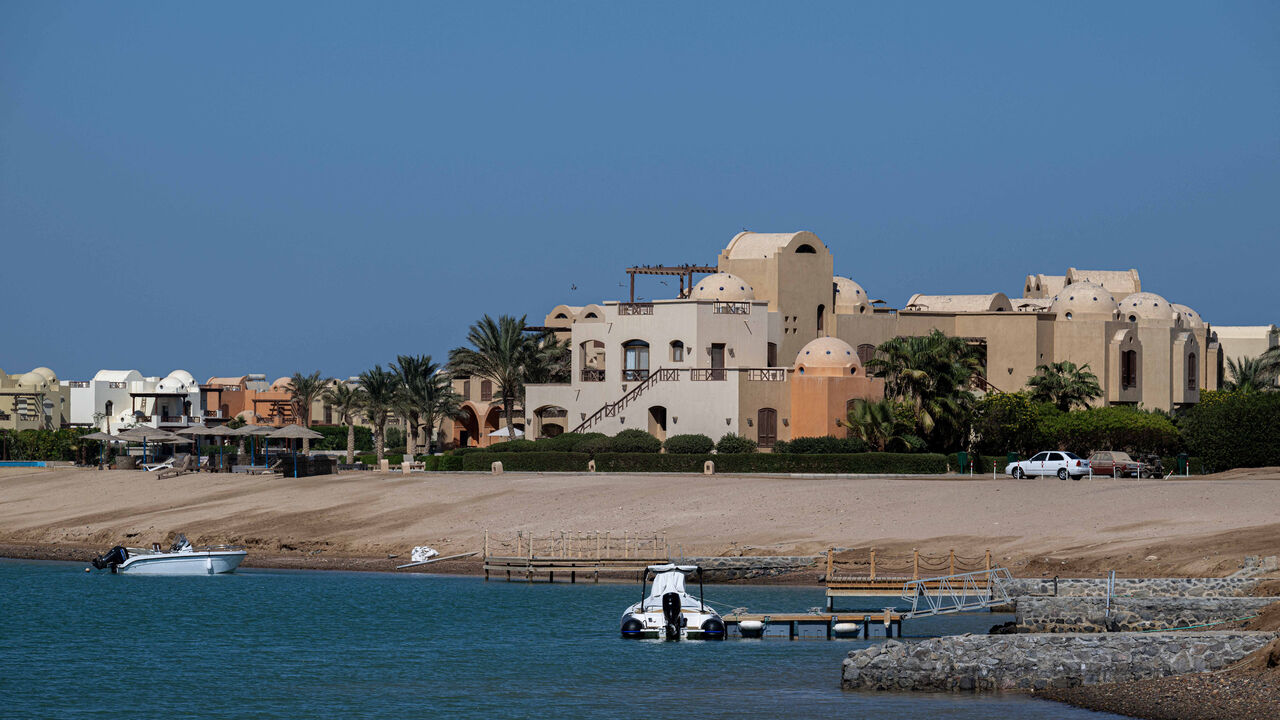
Egyptian Prime Minister Mostafa Madbouly has reportedly instructed his government to prepare a package of investment opportunities for US companies as the North African country pushes for foreign funding after its worst economic downturn in a generation.
What happened: In a meeting with cabinet ministers on Monday, Madbouly outlined opportunities for foreign investors in Egypt, according to Egypt’s State Information Service. The official media arm of the presidency added that Madbouly affirmed that Cairo was looking to deepen economic ties with Washington and would remove any obstacles to cooperation.
During the meeting, Egyptian Minister of Industry and Transport Kamel Al-Wazir reviewed investment opportunities that will be presented to US firms involving industrial zones, shipping and ports, the State Information Service said.
At the end of the meeting, Madbouly reportedly instructed the government to coordinate on preparing a set of investment opportunities to present to American companies.
Why it matters: Egypt is looking to lure in foreign direct investment as part of its Vision 2030 strategy for sustainable development, which includes reaching an 8% annual GDP growth rate and reducing greenhouse gas emissions by 10% by the end of the decade.
FDI has also been critical in helping Egypt’s economy recover from a financial crisis. Since early 2022, the government has been grappling with Egypt’s worst economic downturn in six decades caused by foreign currency shortages, swelling public debt and high inflation. The COVID-19 pandemic and the Ukraine war exposed the country’s dependence on Black Sea imports, particularly fertilizer and wheat, leaving it vulnerable. Geopolitical tension in the Middle East, most notably the war in neighboring Gaza, also dealt a blow to Egypt’s tourism and foreign revenue earned from the Suez Canal.
However, in March 2024, the country secured an $8 billion bailout from the International Monetary Fund, though the funding came with several conditions, including monetary tightening, a flexible interest rate regime and the mass privatization of state-owned companies that were hemorrhaging cash.
The reforms have led to inflation decreasing from 38% in September 2023 to 14.9% in June 2025. Egypt has also since seen an influx of FDI from foreign governments, most notably through a $35 billion UAE-backed tourism project in the Mediterranean resort of Ras El Hikma.
Know more: In May, Egypt hosted a US-Egypt Policy Leaders Forum, where Madbouly announced that more than 1,800 American firms currently operate in the country, with $47 billion in investments over the past two decades.
The US is Egypt’s largest trading partner, followed by the United Arab Emirates and China. According to the Central Bank of Egypt, bilateral trade between Egypt and the US last year stood at $3.04 billion.
Egypt has also been looking eastward for FDI, and in early July, secured $70 million in investment from Chinese textile firms. As part of the investment, Chinese companies Zhejiang Holding and Jiangsu Haite Fashion agreed to set up garment and textile factories in Egyptian economic free zones. On July 9, Chinese Premier Li Qiang made his first visit to Egypt as political and economic ties between the two countries grew.

